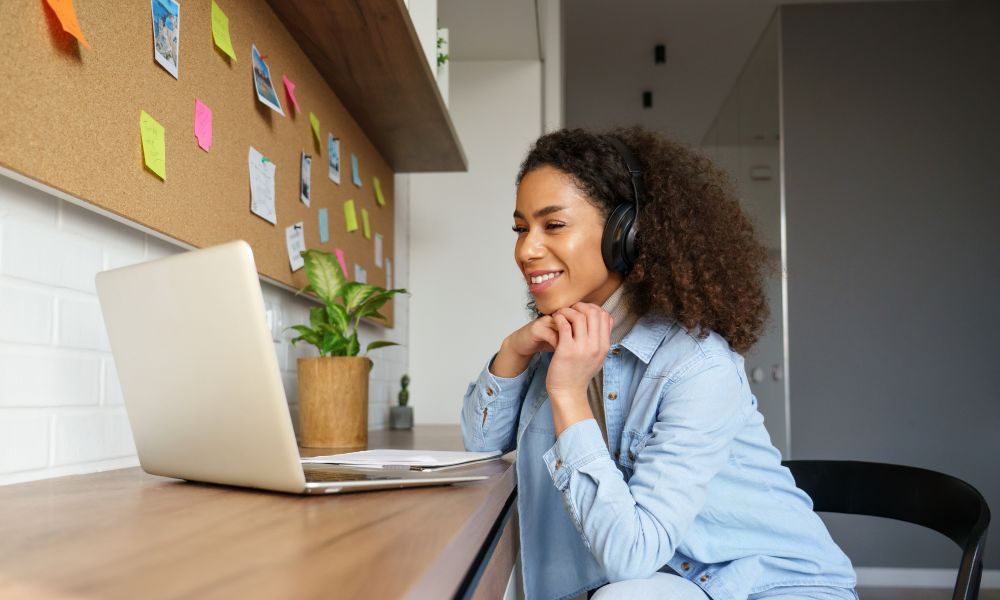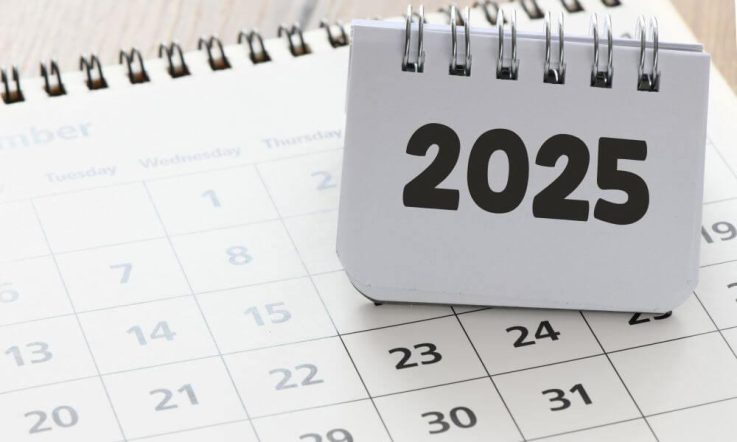Hello and thanks for listening to this Teacher Staffroom episode from Teacher magazine, I’m Rebecca Vukovic.
I’m really excited to share with you some of the highlights from this month, focusing on the incredible podcast episodes we’ve published on Teacher. Throughout this episode I’ll share some snippets from those recordings, as well as highlight some of the other content that has been popular on the site this month.
Speaking of popular, some of the older content in our archive proves to be some of the most useful for our readers, as the views on these articles continue to climb each month. If you’re new to Teacher, or perhaps haven’t come across this content yet, I’ll point you in the right direction on how to find some of these popular articles, some with more than a quarter of a million views.
And, like in all Teacher Staffroom episodes, I’ll be posing some questions throughout this podcast, so feel free to pause the audio as you go, gather some colleagues, and discuss together how these stories might be relevant to your school context. Okay, that’s enough from me, let’s get started.
Earlier this month Dominique Russell sat down with Dr Claire Scoular, a Principal Research Fellow at the Australian Council for Educational Research, to unpack 2 new freely available frameworks that have been published as part of the essential skills suite. Claire has been working on developing these frameworks to support educators to understand the essential skills by defining the skill, breaking it down into aspects that comprise it, and presenting those aspects as observable behaviours. In this chat she’s unpacking the 2 skills of Communication and Self-regulation and shares how they support educators to develop these skills in the classroom.
In this clip from the episode, Claire is discussing why the Essential Skills Framework was developed.
There's a large and increasing amount of constructs that are deemed important for students in the 21st Century and beyond, to really focus on their holistic development through school, but also to prepare them for life. And the concept of 21st Century skills has become somewhat of a dumping ground for everything that isn't academic knowledge. And we’re increasingly putting in new skills, attributes, characteristics, values – you name it. This is becoming increasingly burdensome for schools/systems/teachers and we really wanted to narrow it down for educators to what the key, essential, high impact skills are, that we think they should be focusing on.
There is obviously then a natural apprehension from educators as to how to actually embed those skills effectively and the large number of theoretical frameworks that are out there are well intended, but don't necessarily always reflect sort of key, observable behaviours that we might associate with students in classrooms. So, we really wanted a set of operationalisable frameworks that connect with what students are doing in classrooms, that are also validated based on current practice.
So, rather than focusing on quantity of skills/attributes/dispositions we've taken a more manageable, hopefully sustainable, and of course, realistic, approach for education systems, and then, by proxy of that of course, educators, to basically focus on the high impact essential skills.
After listening to the podcast in full, consider these questions about the use of consistent terminology:
What is your definition of Communication and Self-regulation, within the context of your school setting? If you were to ask a colleague for their definitions, would they match? If not, where are the differences?
This month I also sat down with Professor John Munro to record a School Improvement podcast. It had been 5 years since I last recorded a podcast with John, so it was great to catch up and discuss themes from his new book published by ACER Press, Leading Improvement for Gifted and Talented Students. In this episode, we explore leadership for the provision of gifted education – what it takes to develop a vision, putting together an action plan, upskilling teachers and collaborating with the wider community.
Here's a short clip of John discussing the importance of professional learning to bring together a body of knowledge that can guide the practice of school leaders.
They need to lead the professional learning agenda. They need to know enough about this domain – the domain of gifted and high ability learning – to actually lead that work, to inform the knowledge of teachers. They need to be collating the emerging professional knowledge of teachers. As teachers move along the trajectory, their professional knowledge will be changing. I believe this needs to be pooled so that it can underpin the next step the school will move in its knowledge. In other words, the school is building a teamwide, groupwide, knowledge that's going to inform its future practice. They also, as I mentioned earlier, need to develop ways of modifying the progress.
After listening to the podcast, here are some questions to think about.
As a teacher, when you hear of instances where students having displayed their giftedness outside of the classroom, how does this encourage you to then modify your teaching? How do you go about encouraging that student to think about the learning situation in other ways?
We published 2 other podcasts that I’ll briefly mention. Firstly, Jo Earp recorded the next episode in the School Assembly series with Dan McShea, Foundation Principal of Notre Dame P-12 College on Queensland’s Sunshine Coast. This episode focused on getting his school policies and processes in place.
And the other podcast I’d like to highlight was a School Improvement episode with Alice Leung from Concord High School in New South Wales and Daniel Edwards from Montello Primary School in Tasmania. They were both named recipients of the Prime Minister’s Prizes for Excellence in Science Teaching. It’s a great episode – my favourite parts were each of them discussing some of their favourite learning activities to run in the classroom. Make sure you check it out!
Okay moving on from podcasts now. At the beginning of this episode, I mentioned that we have some content in our archive, some several years old now, that continue to be really popular with our readers. I thought I’d highlight those articles here, so for people who are new to Teacher, or those who haven’t come across these pieces yet, can find out more.
Our most popular article is one titled The effect of student tardiness on learning. This article has been viewed over 285,000 times since it was first published. It looks at a few studies that show that school tardiness has a negative impact on learning outcomes for both the late student and their classroom peers.
Another popular article, this one from 2018, explores the use of mobile phones in classrooms and what the research says. It looks at a range of studies that have explored the positives and negatives of allowing mobile phones to be used in class.
I also think it’s worth sharing with you a piece we published on classroom layout. We questioned: what effect do different classroom seating arrangements have on student participation? Should teachers or students decide who sits where? We shared some research that explores those questions.
Other popular articles from our archive include a piece titled Pastoral care, a 10-step action plan, another titled Distributed leadership, and a final one called The importance of instructional scaffolding. I’ll be sure to link to all of these articles in the transcript of this episode.
Finally, I wanted to point you to some contributions we published on Teacher this month. We welcomed Professor Martin Westwell as a regular columnist. In his first article, the Chief Executive of the South Australian Department for Education discusses a worrying trend in Australian education, and PISA 2022 evidence that ‘our greatest strength in education is the professional judgement of our teachers’.
We also published the 2 remaining articles from of our 3-part series with Dr Amy Berry and Dr Kellie Picker on student engagement. The authors shared insights from their study Student perspectives on engaging in learning at school.
- What does it mean to be a good learner? Student perspectives on learning at school
- Student voice on engagement roadblocks in learning at school
Once you read the articles, consider these questions:
How do you approach issues of disengagement in your classroom? Do you have strategies that help mitigate these issues? What have you found to be most effective for your context and cohort?
That’s all for this episode. Thanks for listening. I’ll leave the links to the full articles and podcast episodes I mentioned today in the transcript of this episode, which you can find under the podcast tab at our website. We’ll be back with a new episode very soon.



